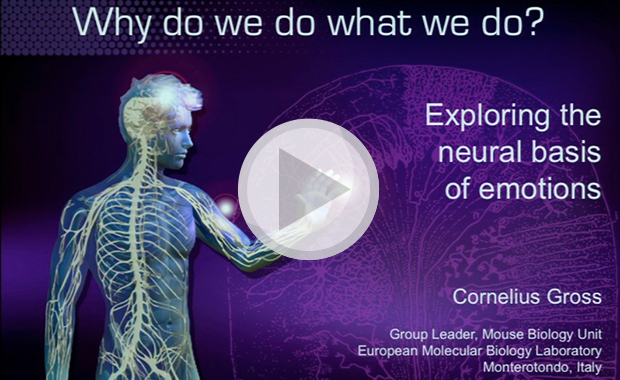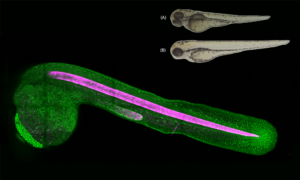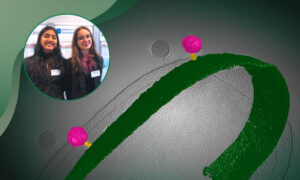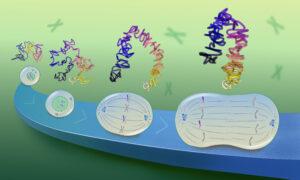
Fight or flight?
If you heard chilling screams echoing around the EMBL Advanced Training Centre at the end of last year, don’t fret. Rather than a giant spider scuttling towards a group of arachnophobes, or a cohort of mytophobes who have been plunged into darkness, Cornelius Gross, deputy head of EMBL Monterotondo, was using sound and imagery to illustrate how the study of fear is helping researchers better understand human behaviour.
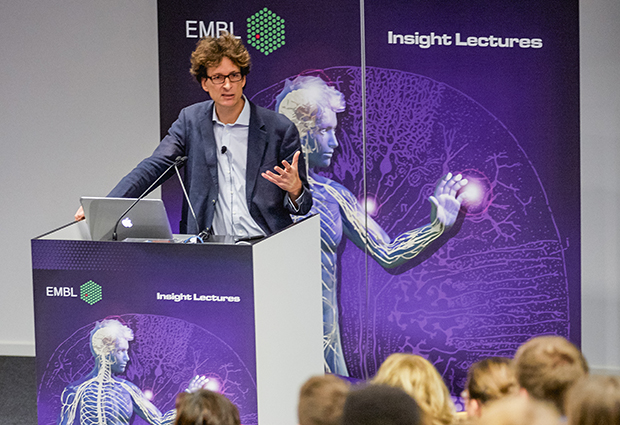
During the 2014 EMBL Insight Lecture, an annual event that engages young people in the latest research in the life sciences, Gross asked the 200-strong audience of school students – and hundreds more tuning in remotely via the web – to consider their own responses to scary situations, and to reflect on a question humankind has long been puzzled by: why do we do what we do?
“Fear has a major impact on the choices we make,” explains Gross, whose research group studies the role of neurons in organising emotional behaviour such as fear and anxiety. “By studying fear, we can learn more about our own behaviour. It is possible to recognise and compare fear responses between different animals, where other emotions such as happiness or jealousy are much more difficult to recognise and interpret.”
The talk weaved through diverse areas – from the history of neuroscience to the application of emerging techniques such as optogenetics. “Until recently it was not possible to block or mimic neural activity in defined cell types in the brain, and virtually nothing is known about the circuits that support fear of predators and social threats,” Gross explains. “But using optogenetics, researchers can genetically engineer neurons to respond to light and then use powerful lasers to stimulate and control their pathways. Together with work in fields such as psychology, computer science, linguistics and philosophy, such approaches will help us to better understand connections between genes and behaviour.”
“When it came to taking to the stage, the audience certainly showed no anxieties, with questions ranging from the philosophical definition of emotion through to opportunities and challenges in tackling mental disorders,” adds Philipp Gebhardt, Head of the European Learning Laboratory for the Life Sciences (ELLS), who organises the lectures.
Video on demand
